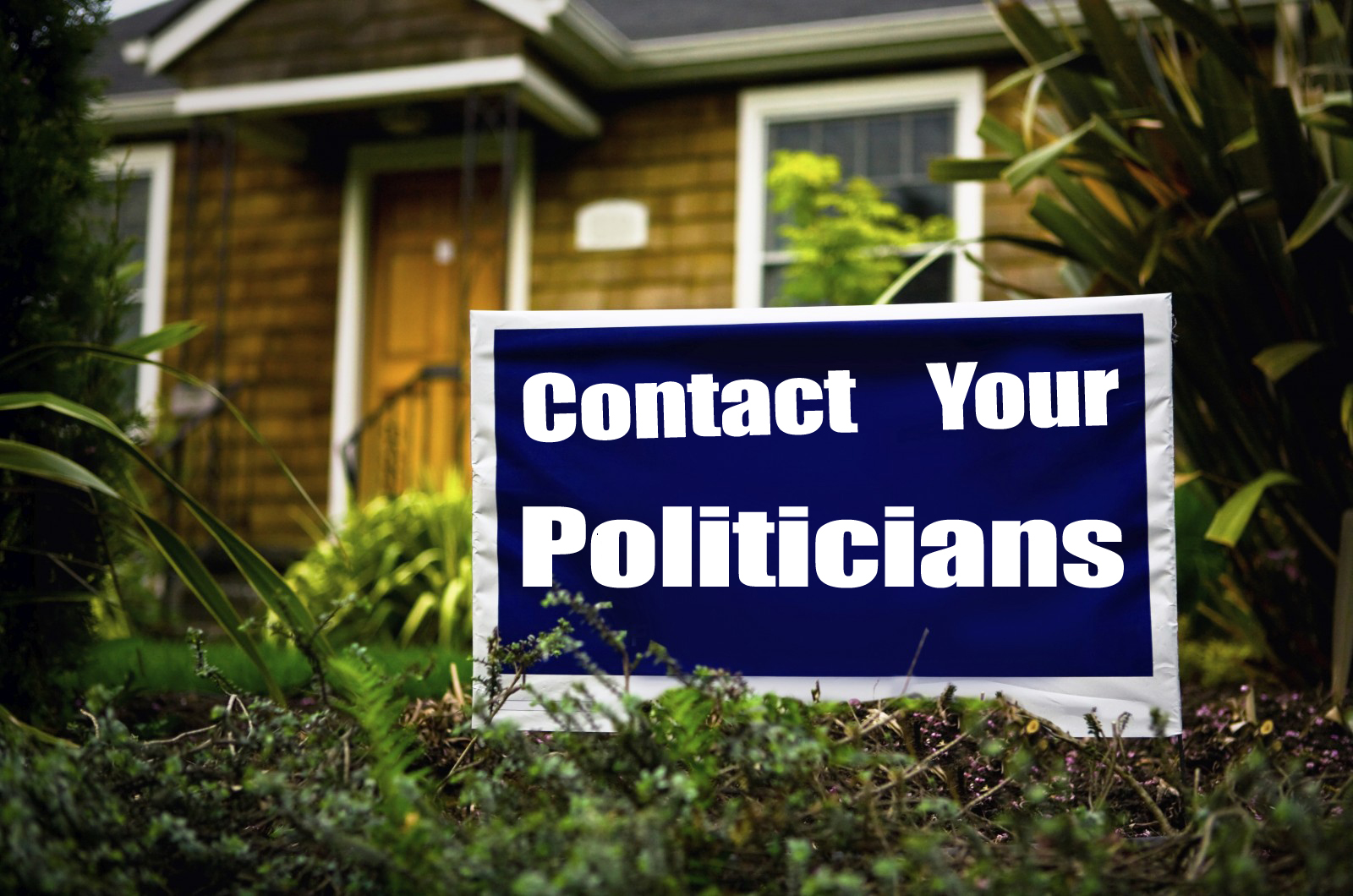With the Ontario Election now officially underway, expect to hear from every major party as to what they plan to do, and how, and when, and why for the people of the Province of Ontario. One of the ways candidates get that word out is through social media platforms like your Reddits, your Instagrams, and your Pinterests, but the most ubiquitous seem to still be Facebook and Twitter.
Twitter's becoming more common, following along the same promotional trajectory as Facebook. That is to say that if you have anything to promote, you need a Twitter account. It is, after all, the most direct and succinct way to get your message out, so it really seems like a must have. But not all of Guelph's provincial election candidates have a Twitter account, and it seems that some of us, apparently, are pretty upset about it.
In the process of lining up the Twitter feeds for the election I made an unusual discovery when I Googled "Liz Sandals Twitter," and discovered, instead of Liz Sandals Twitter account, I was directed to several articles about how Liz Sandals doesn't have a Twitter account. One such article was from a blog by Andrew Campbell, who discussed Twitter in the context of connectivity between educators when Sandals visited the annual general meeting of the Ontario Public School Boards Association last summer.
"Education issues in Ontario are increasingly discussed and ideas are shared on twitter(sic)," Campbell writes. "It’s an incredibly meritocratic space where ‘who you are’ doesn’t matter as much as the quality of your ideas. That’s why trustees, directors, principals, parents, students and educators are increasingly connecting on twitter. If the minister and the ministry have a reduced or no presence they’ll miss out on that discussion and exchange of ideas."
Campbell's chastisement comes with the precedent that Sandals' predecessor as Minister of Education, Laurel Broten, was very active on Twitter, and that the MoE's own Twitter page, @OntarioEDU,was much more active under Broten than it was at the time of the blog's writing under Sandals.
In an article published at the end of last year, found here at the Waterloo Region Record, the thread of politicians not on Twitter was followed back to the revelation that Sandals, along with her Liberal colleague from Etobicoke North Shafiq Qaadri, were the only members of the Ontario Legislature who weren't on Twitter.
"I've never said anything in 140
characters in my life," Sandals said in a Toronto Star article. "I used to
lecture at universities, so you turn on a switch and I talk for 50 or 60
minutes. [...] I don't cope well with 140 characters."
Fair enough, but let's face facts: how many politicians, especially cabinet ministers, truly run their own Twitter accounts? And more than that, does having Twitter matter in a political campaign? The Torontoist asked the same question following the 2011 Provincial Election:
All the candidates together garnered fewer than 170,000 Twitter followers, a drop in the the bucket of 8.5 million eligible voters. It’s also safe to assume that number includes a lot of overlap, with many election enthusiasts following multiple candidates.
In another sample, a Pew Internet and American Lives Project suggests that only 15 per cent of American adults who are online use Twitter, and that was in 2012 around the end of the Presidential election cycle. In practical numbers that's about 48,000,000 people, but that's still less than 1 in 5 Americans using the platform, which is interesting to think about given the megaphone that Twitter becomes when creating controversy. Still, considering the size of the direct audience, leaving aside, the echo chamber created by the mainstream media, a politician might understandably go out of their way not to be on Twitter.
Canada, by comparison, has about 10 million Twitter users, which is close to 1 in 3 people in the country sending and receiving tweets, which makes using Twitter as a policitian seem all the more imparitive. Of course, not everyone on Twitter is a politico, or a potential politico, but chances are someone on Twitter that isn't political follows someone that is. Why not take the chance that someone might be listening, than say nothing and know for a fact that no one is?
Of course, I suspect that the outcome of this election will not teeter on whether or not a candidate uses Twitter, especially when they're the incumbent Liberal candidate and Minister of Education, but the future may not give Sandals and others like her the option. It will be interesting to see in the post-game what, if any, impact that social media might have on this election season.


















No comments:
Post a Comment